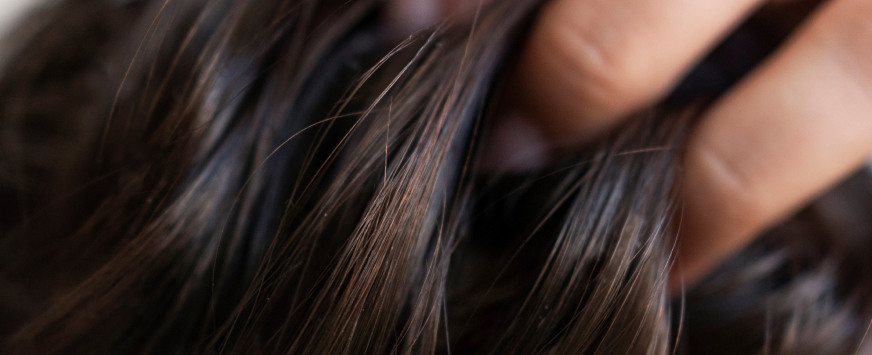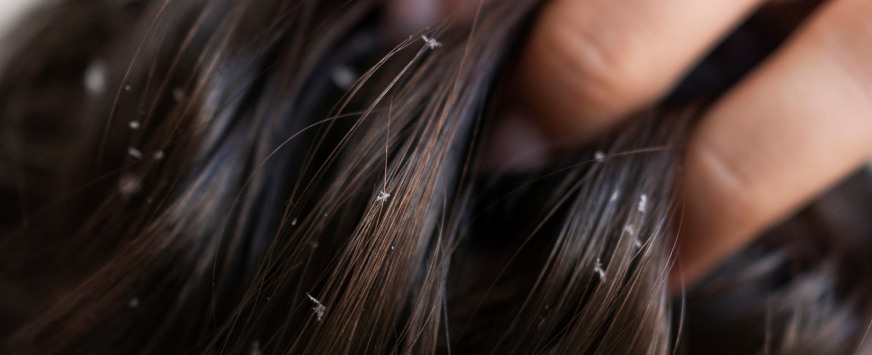Key features
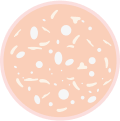
Scalp flakes
One of the primary signs of dandruff in kids is visible flakes on the scalp, hair, and sometimes on their clothing. These flakes might resemble the common dandruff seen in adults.
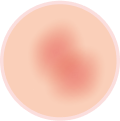
Scalp redness
For some kids, dandruff may cause the scalp to become red and inflamed, especially if they scratch it often.
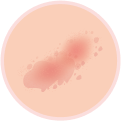
Itching and irritation
The scalp can become itchy, varying from mild to intense levels. If a child scratches their scalp, it can lead to further irritation and redness.
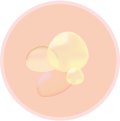
Cysts
Interestingly, dandruff can affect children with both dry and oily scalps. In oily cases, the flakes can be stickier and larger.


